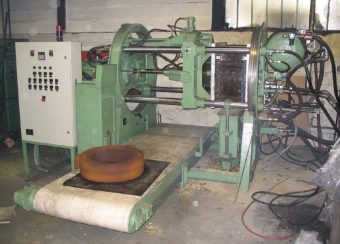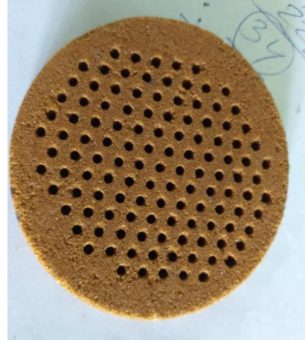
Waste from most factories creates landfills, contaminates soil and groundwater, and frequently and significantly affects large bodies of water. Factories like chemical factories, steel mills, crude oil refineries, and aluminium smelters are often positioned near a water source due to production needs, such as having electricity generation plants nearby. Still, very few consider where the wastewater will end up during this process. Metals, chemicals, oils and various other substances are usually released into rivers, lakes or seas through wastewater, as this is the easiest way for factories to get rid of surpluses, which, in turn, has horrible consequences for aquatic ecosystems. It is not the only form of industrial pollution from which many living beings and nature suffer because, in addition to wastewater, over two billion tonnes of solid waste is produced on Earth annually, which ends up in landfills or is burned. At the same time, only 16 per cent are recycled.
IN FOCUS:
- SUSTAINABILITY IS DRIVEN BY CONSUMERS
- COSMETICS WITH A SPLASH OF NATURE
- COOPERATION BETWEEN CEEFOR ENGINEERS AND GERMAN EXPERTS IN THE FIELD OF RES
One industrial activity that inevitably generates large amounts of waste is casting. Foundry is a technological process in which metal objects are shaped by pouring molten metal into certain moulds to obtain the required casting. Mining, automotive, mechanical, construction, electrical industries and cement plants are just some of the manufacturers that depend to a large extent on this activity because they use different castings, i.e. moulded objects made of metal, which they then use in manufacturing their products. As foundry is necessary for production, just like a healthy living environment is also necessary, someone has thought of how to apply technological and technical knowledge and encompass all of the above thanks to a single idea.

Mileta Bogdanović from the town of Aranđelovac is a technology engineer who specializes in non-metals and construction materials. Back in 2018, when, as a co-owner, he founded MIXKON d.o.o., a company that carries out professional rehabilitation and employs persons with disabilities, he put his knowledge to good use. That effort and innovation paid off, as shown by the award won at the Green Ideas Forum last year, a kind of validation for entrepreneurs whose ideas are based on sustainable development.
The company processes waste material from the foundry, which is then used to produce refractory materials used at extremely high temperatures. As Mr Bogdanović explains, the waste is removed from the Mikro Liva landfill, and then the chemical composition and characteristics of the raw materials used are examined. The resulting products are made of aluminosilicate waste, and their strength lies in the ability to withstand enormously high temperatures – from 1,550 to 1,760°C. Thermal aggregates with high operating temperatures are one of the ways of applying such materials, but they are also used to make channels for transporting metals in the liquid phase. The company also produces thermal insulation plates from refractory materials that produce continuous cast iron. These products can be re-used in foundries and in thermal power plants, ironworks and other industries that work at such high temperatures.
Prepared by: Milica Vučković
Read the story in the new issue of the Energy portal Magazine RENEWABLE ENERGY SOURCES



